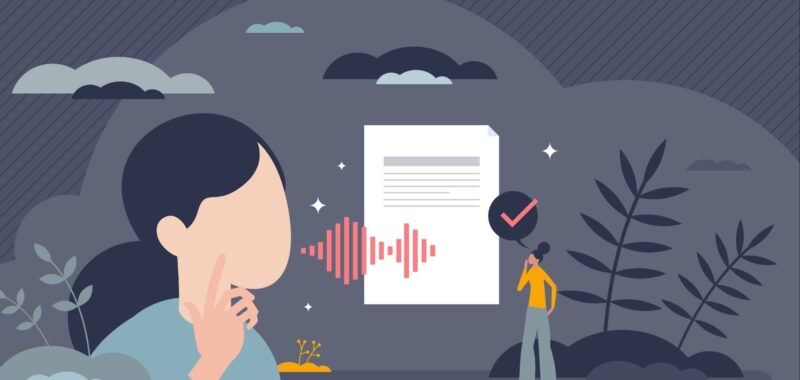Can AI be trusted with confidential information?
That was the question at stake when popular AI transcription service Otter, which has more than 14 million users, sent an automatic transcript of a Zoom meeting to AI researcher Alex Bilzerian last week after he met with a VC firm. The issue is that Bilzerian wasn’t meant to see the full transcript, which also transcribed conversations he wasn’t meant to hear between the VCs after the official call.
Bilzerian wrote that the AI included “hours of their private conversations” including “intimate, confidential details about their business” in a post on X that has been viewed over five million times.
A VC firm I had a Zoom meeting with used Otter AI to record the call, and after the meeting, it automatically emailed me the transcript, including hours of their private conversations afterward, where they discussed intimate, confidential details about their business.
— Alex Bilzerian (@alexbilz) September 26, 2024
Otter responded to Bilzerian on X and stated that the VC company could have opted not to share the transcript automatically. It is unclear if the company forgot to end a Zoom call or turn off the AI transcription after the call.
Bilzerian told The Washington Post that he decided not to go through with the deal based on the transcript he received.
X users raised concerns about AI’s increased footprint in meetings and shared related anecdotes in response to Bilzerian’s post.
Mark Cecchini, director of wealth solutions at Quadrant Capital, wrote that AI assistants were joining meetings more often without being cleared to do so. Kristen Ruby, CEO of public relations firm Ruby Media Group, pointed out that virtual therapy happens through recorded video calls, leading to a possible data hack.
Related: These Days, Everything Is ‘Powered By AI.’ Here’s How to Tell Hype From Real Innovation.
One X user wrote that his wife got an AI transcript of a private meeting while another claimed they received a transcript after an interview with a recorded conversation about why they weren’t a good fit.
AI privacy concerns aren’t new. According to the Center for Strategic and International Studies, AI has the potential to increase the scope of surveillance by enhancing facial recognition technology and predictive algorithms on social media.
However, AI may have an upside. A May 2024 Goldman Sachs study estimates that AI could increase productivity by 25% and notes that “the early signals of future productivity gains look very, very positive.”
Related: AI for the Underdog — Here’s How Small Businesses Can Thrive With Artificial Intelligence

